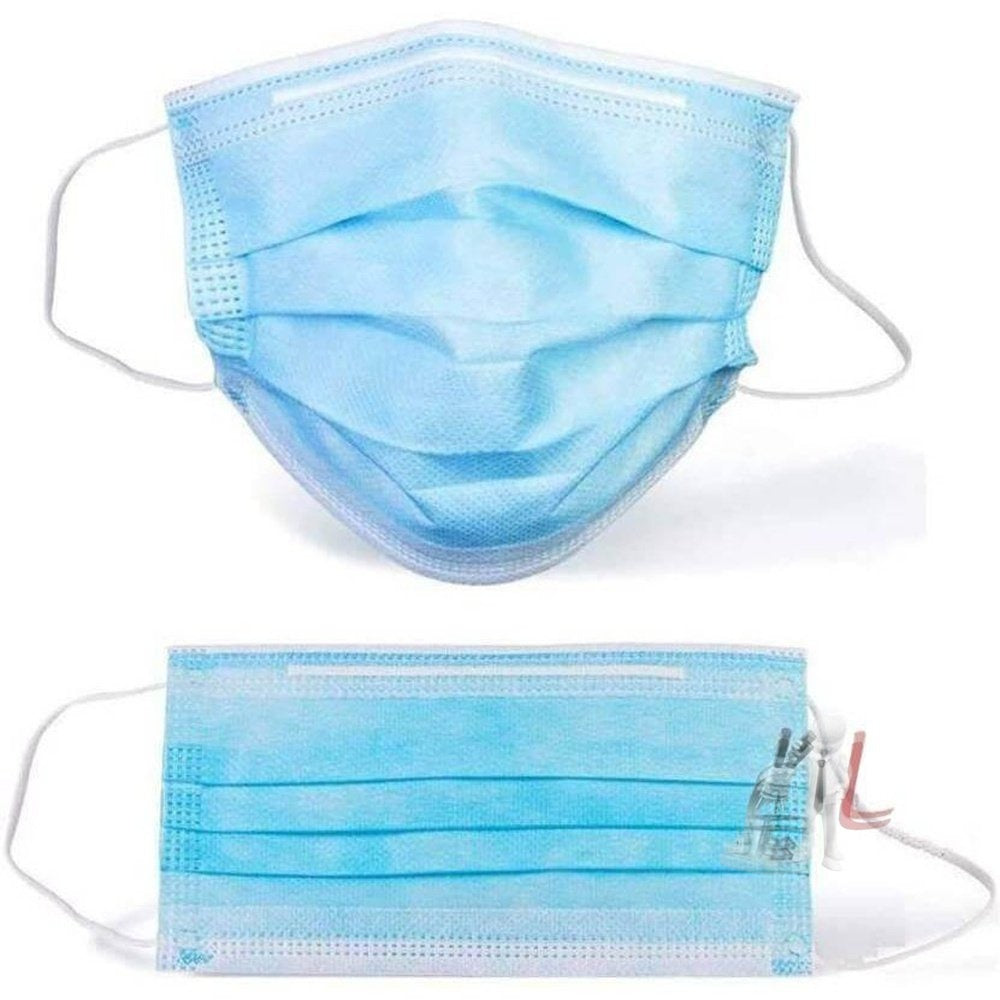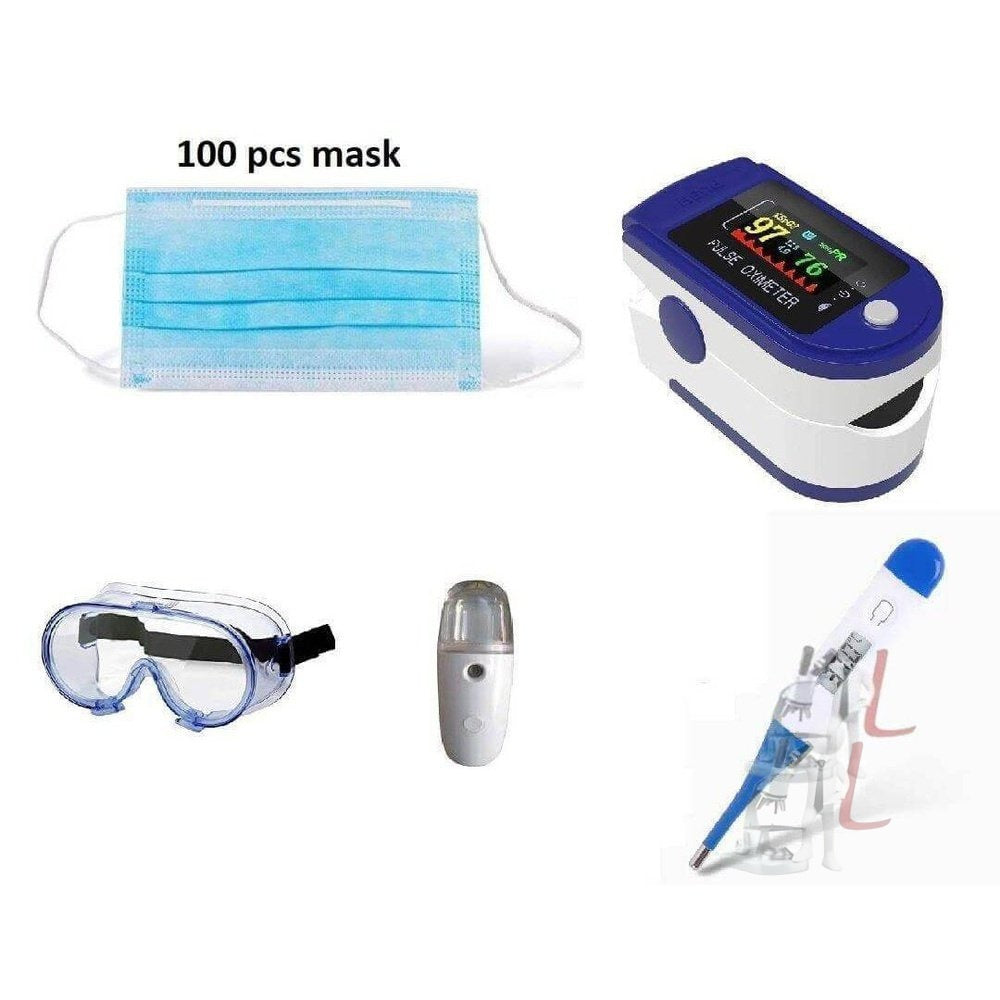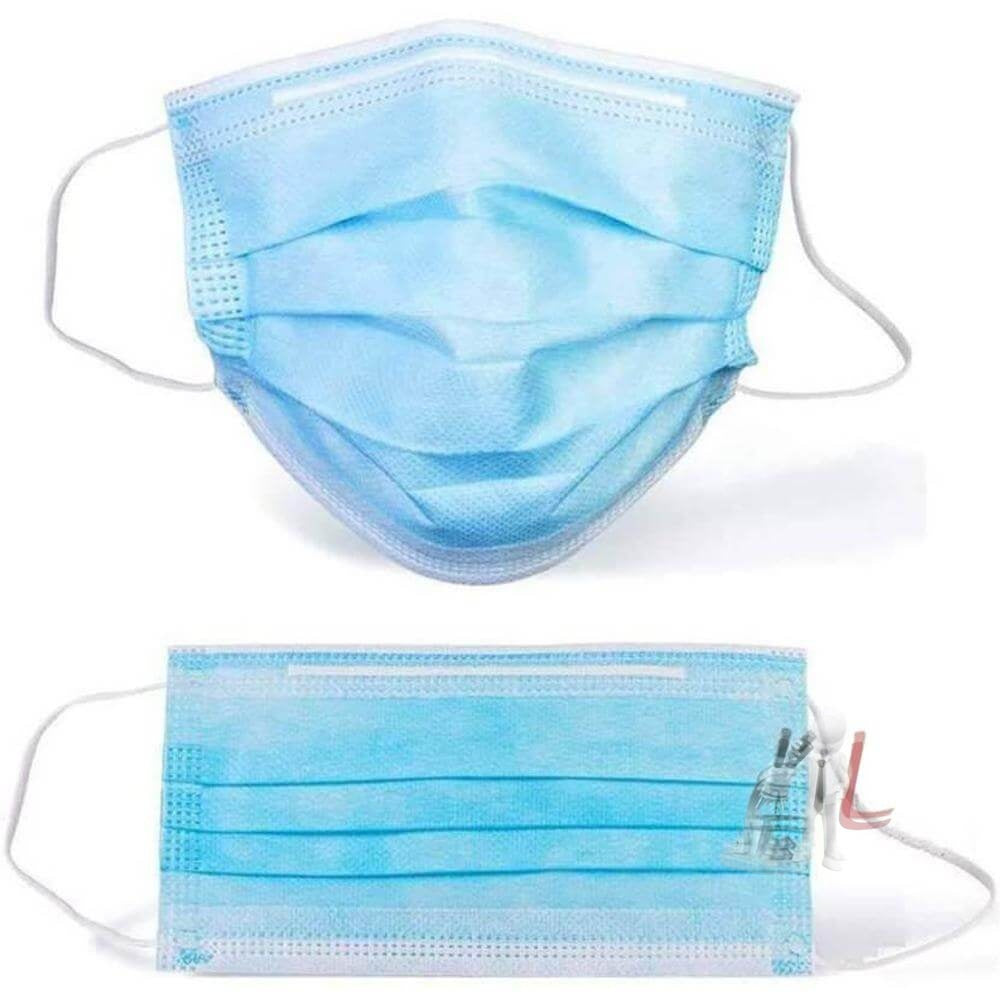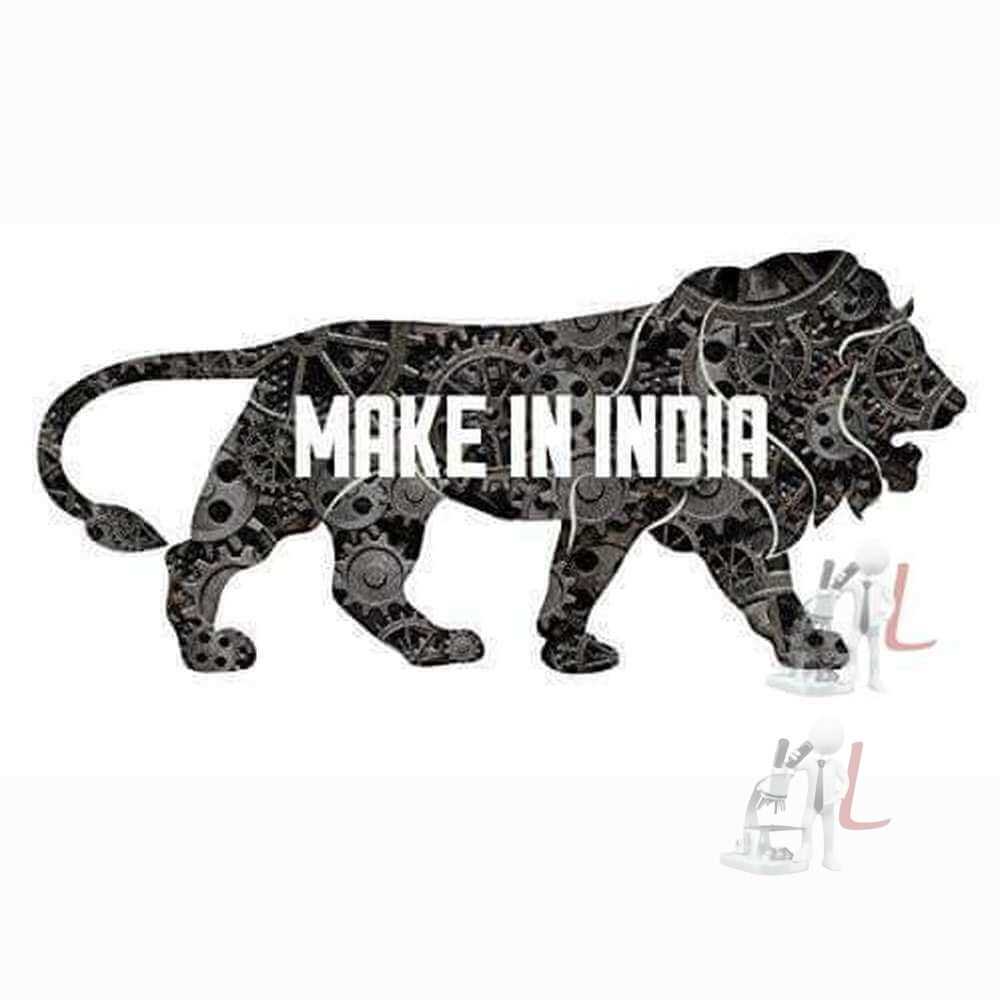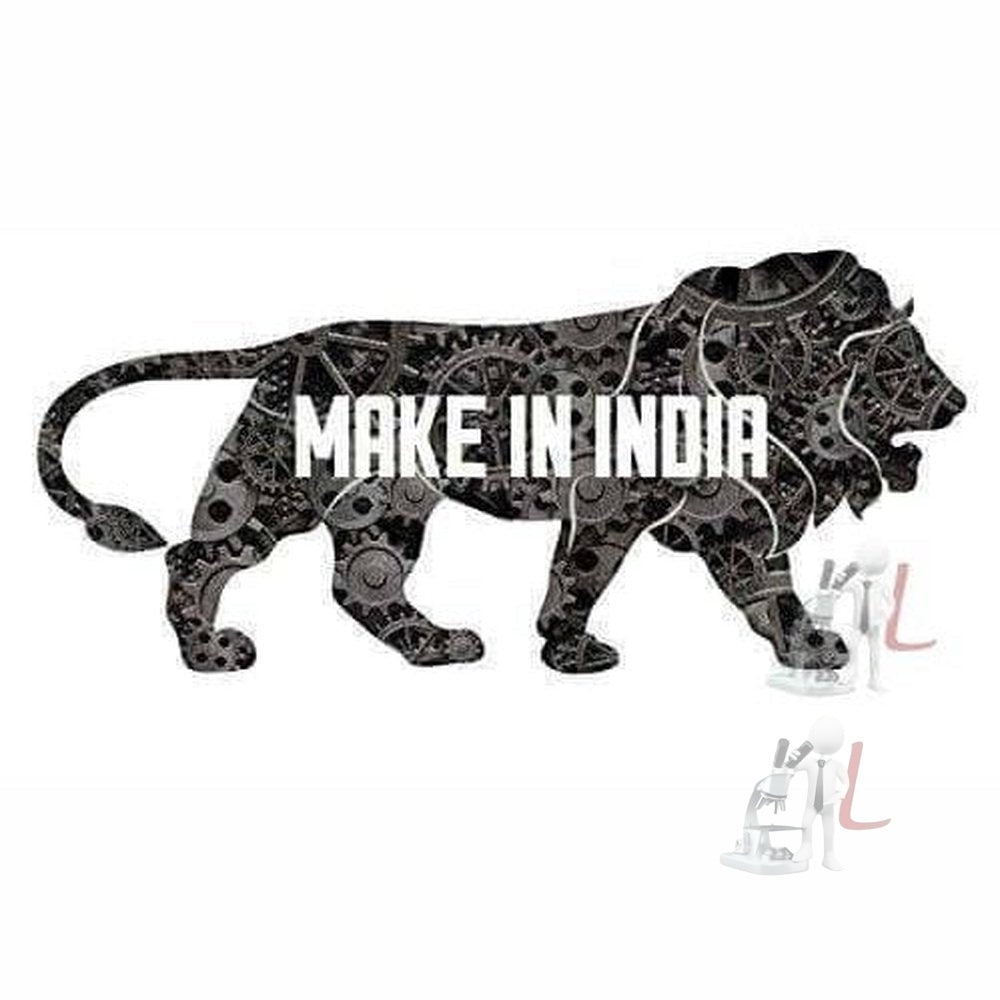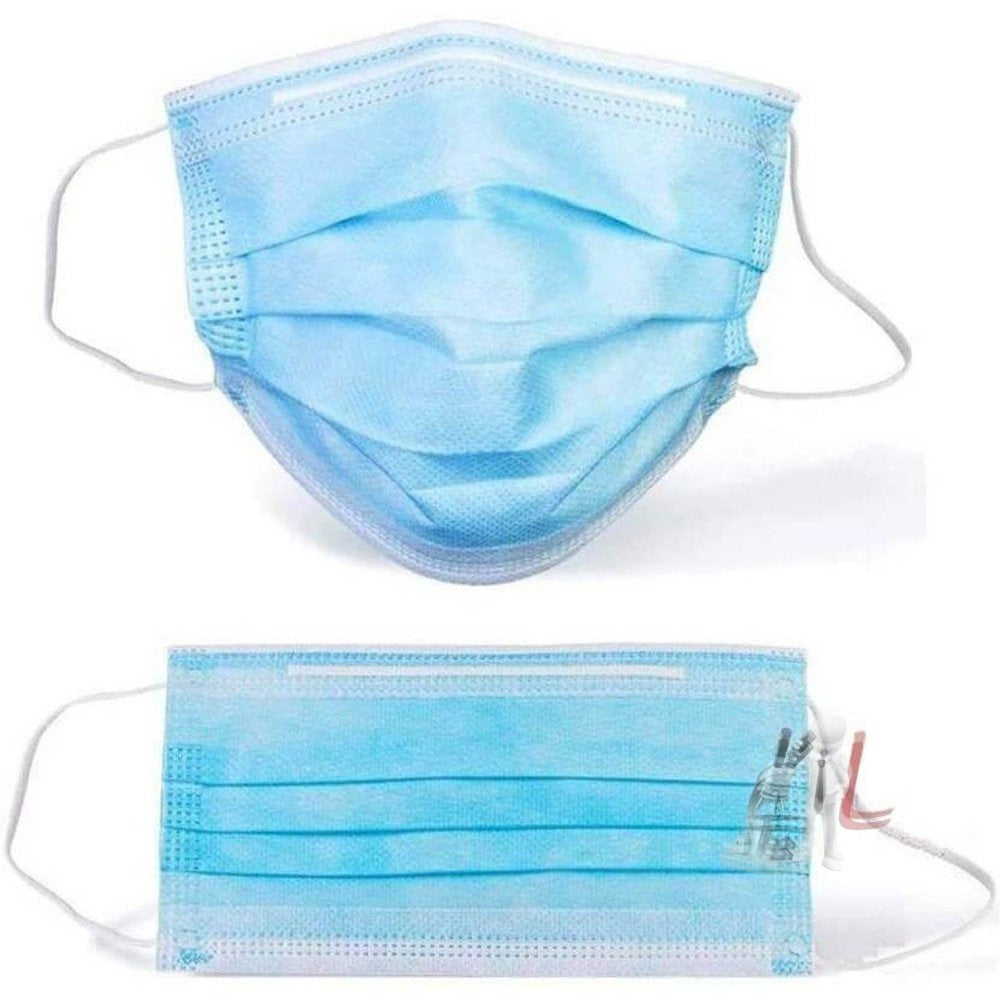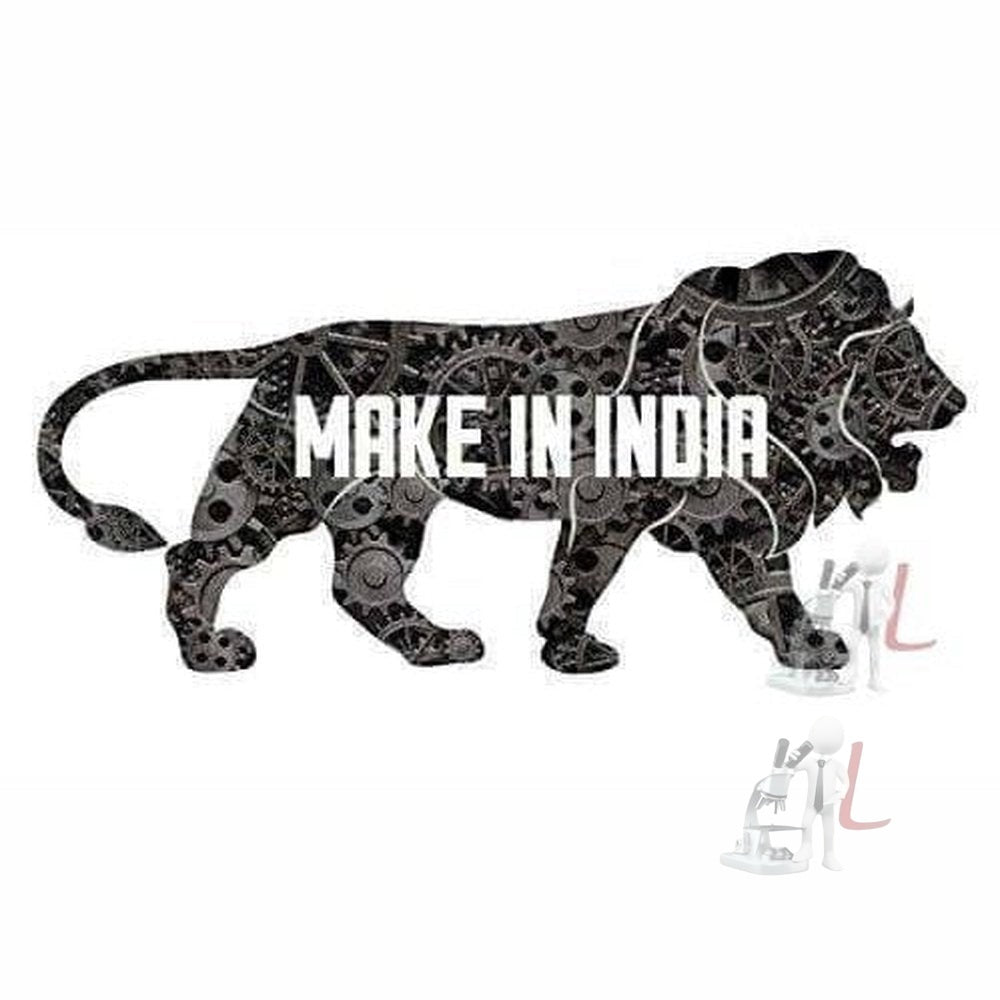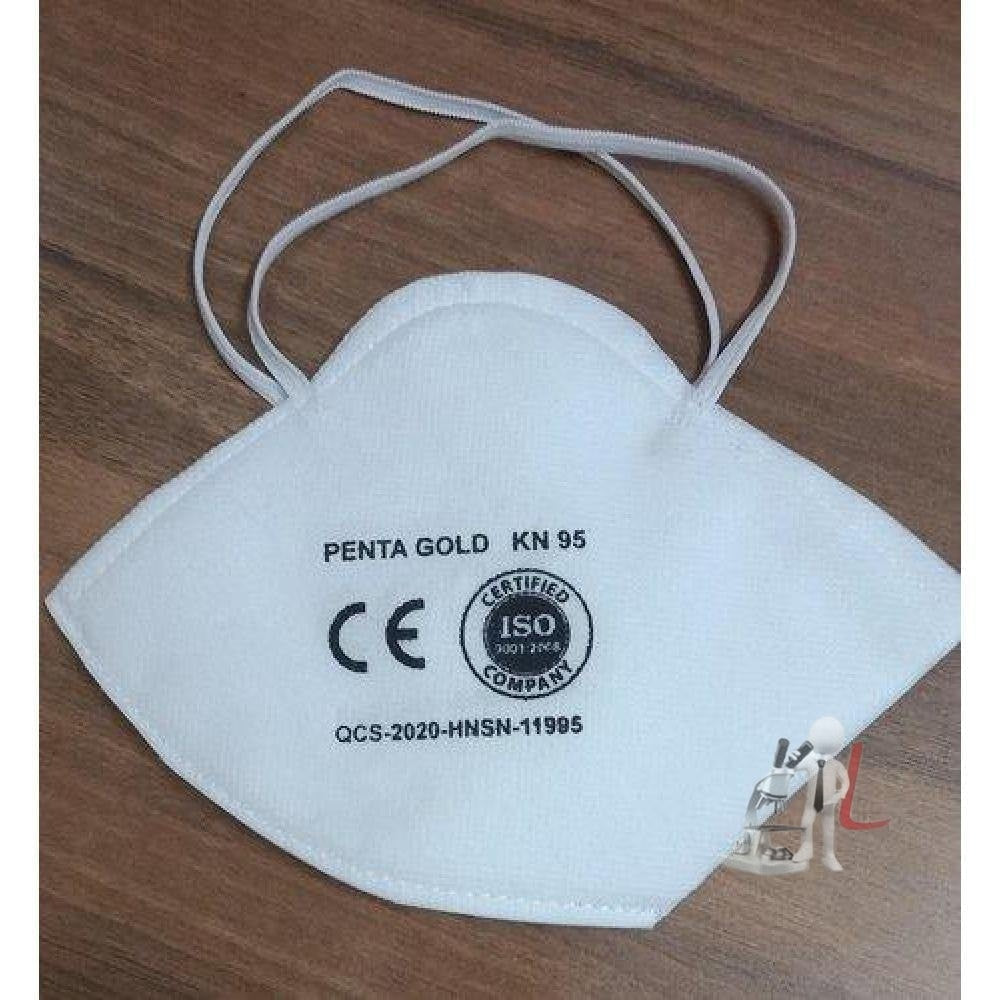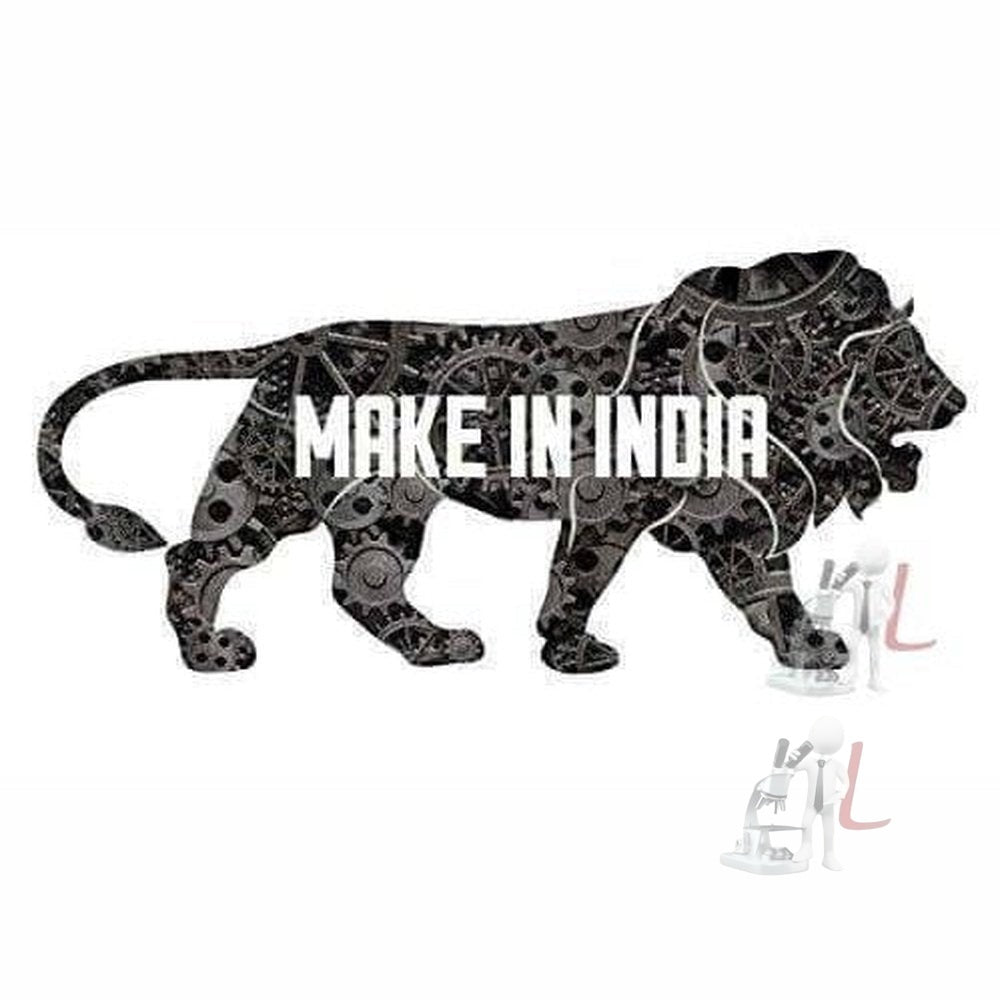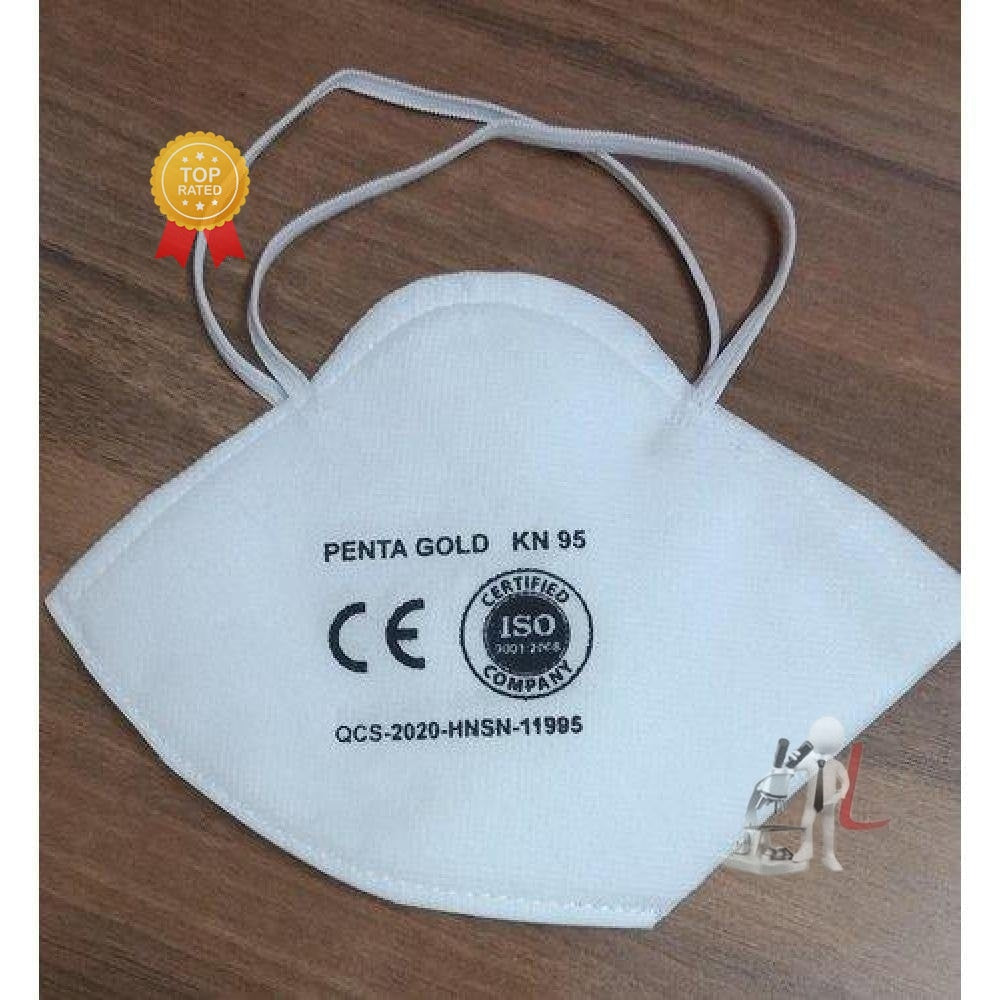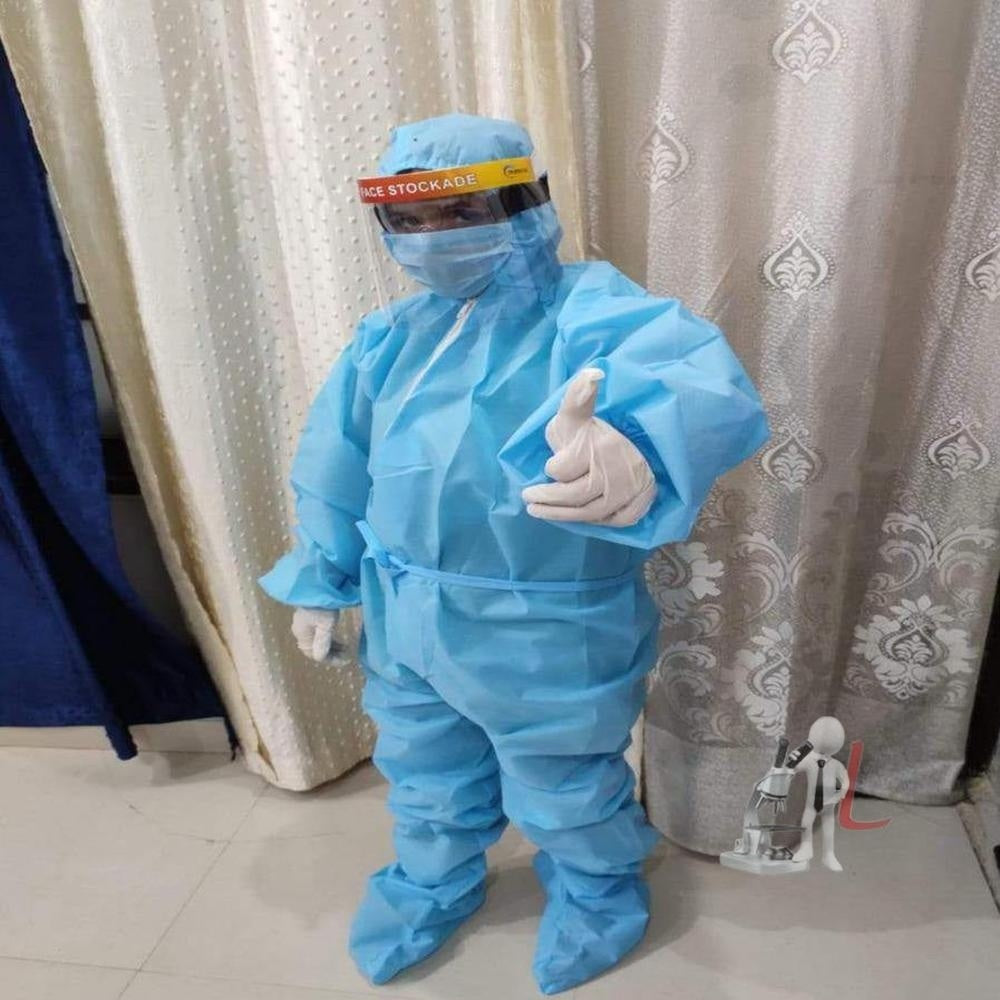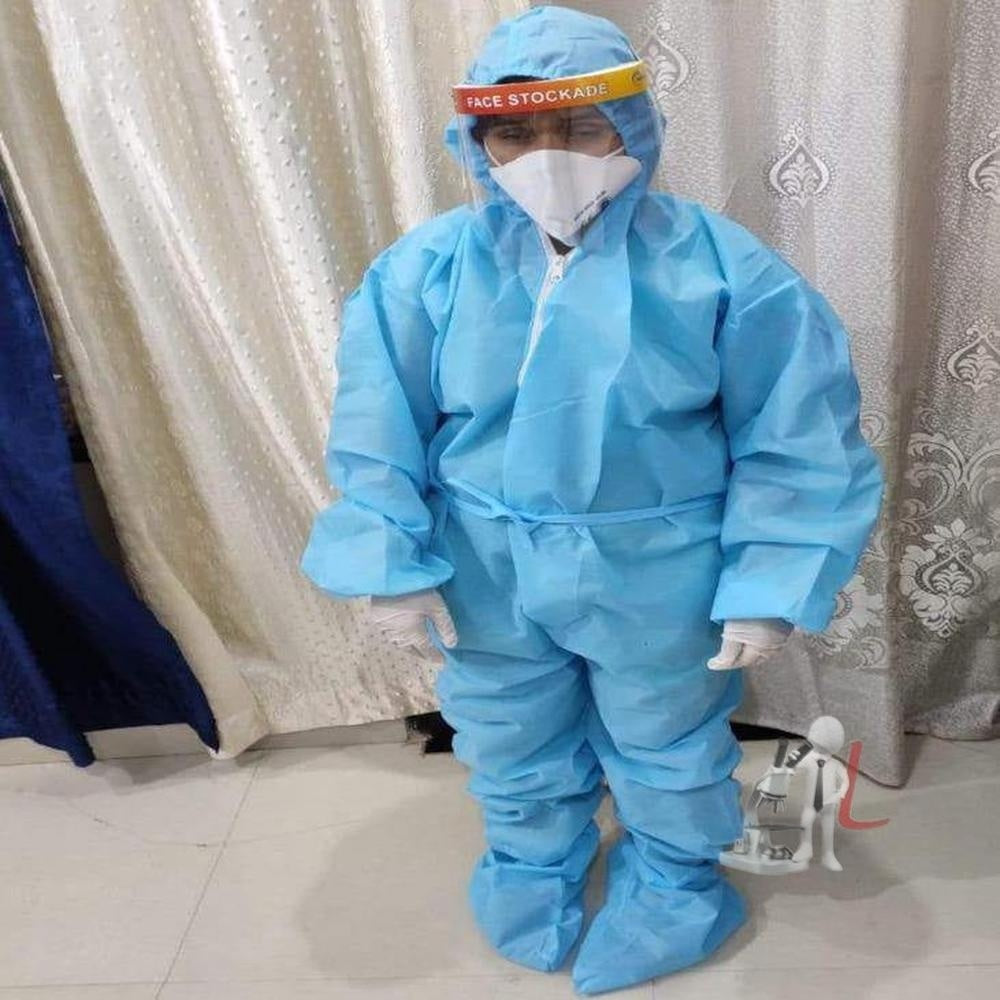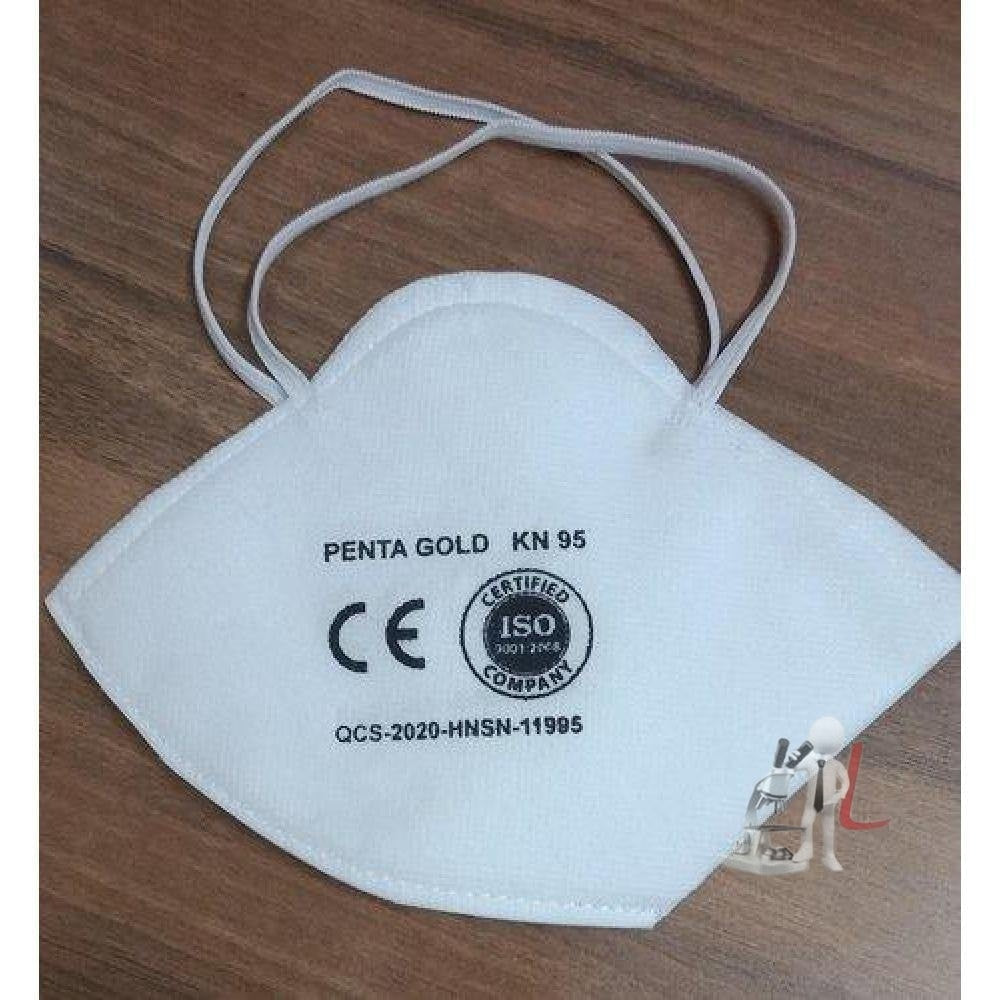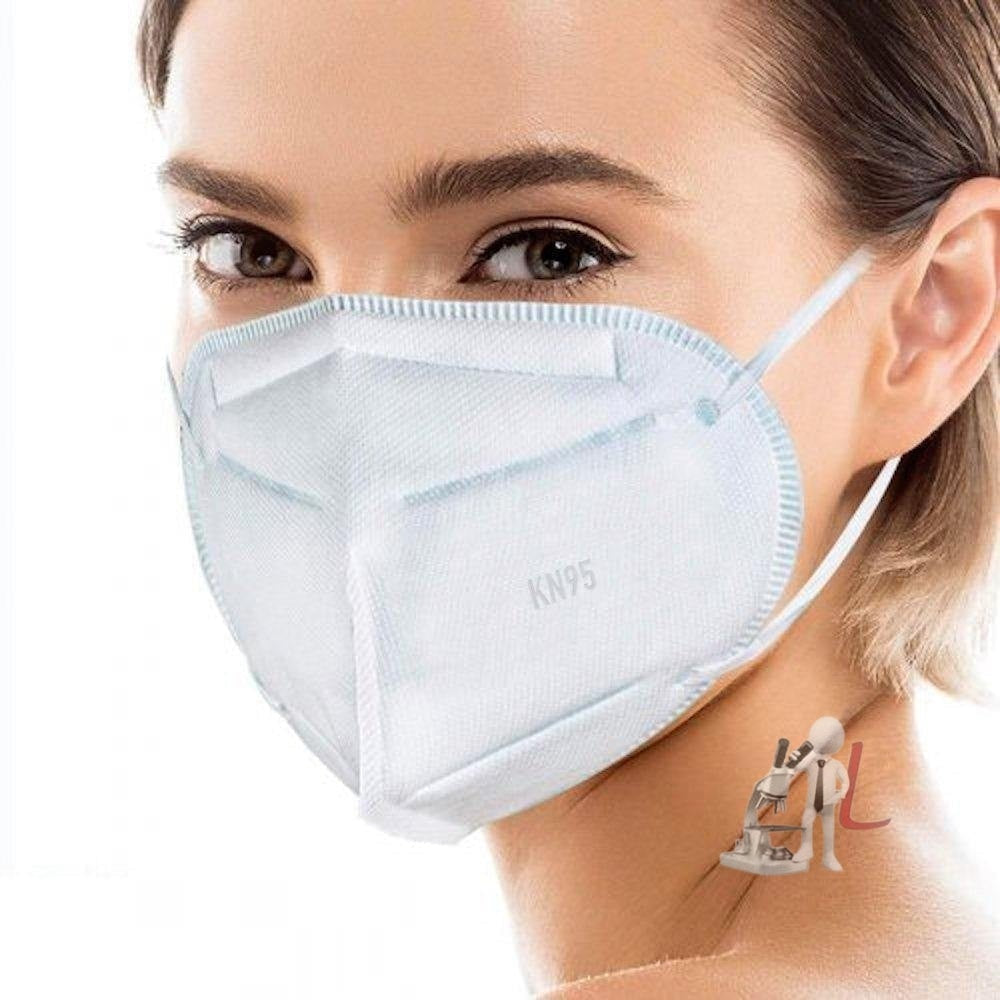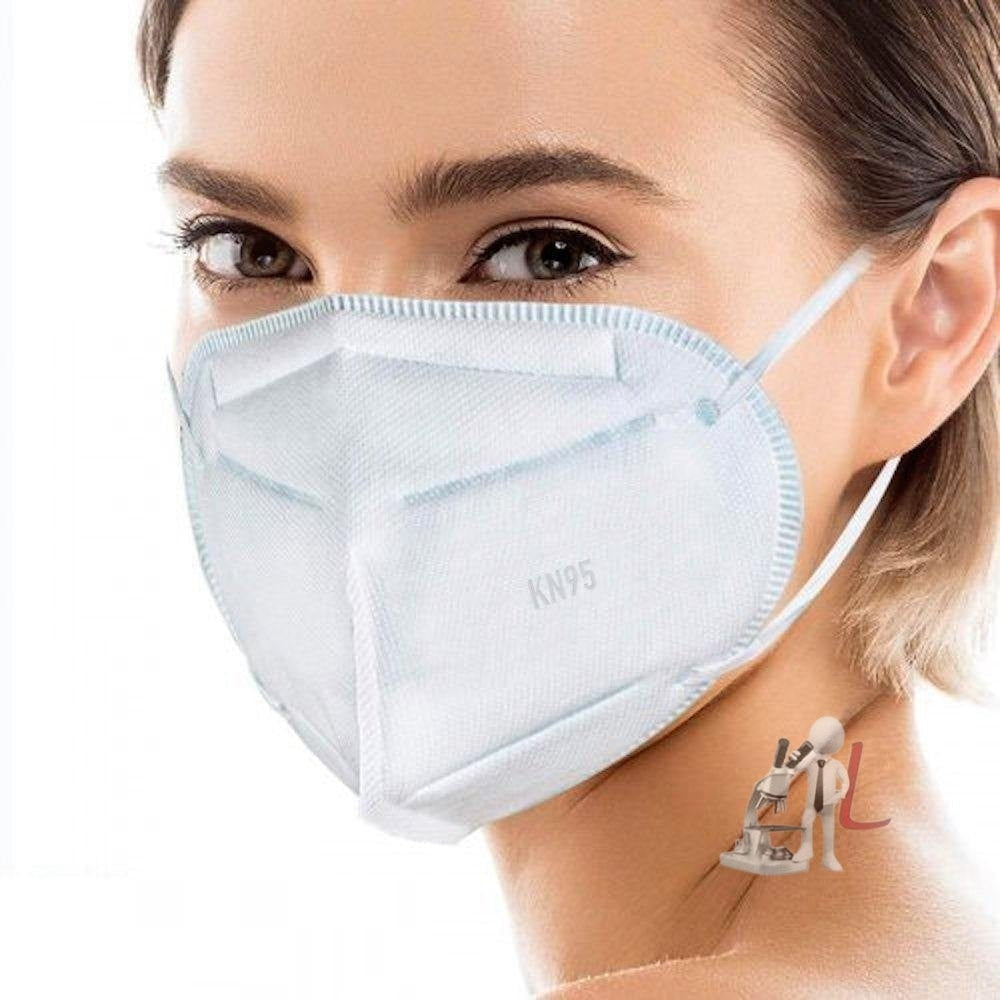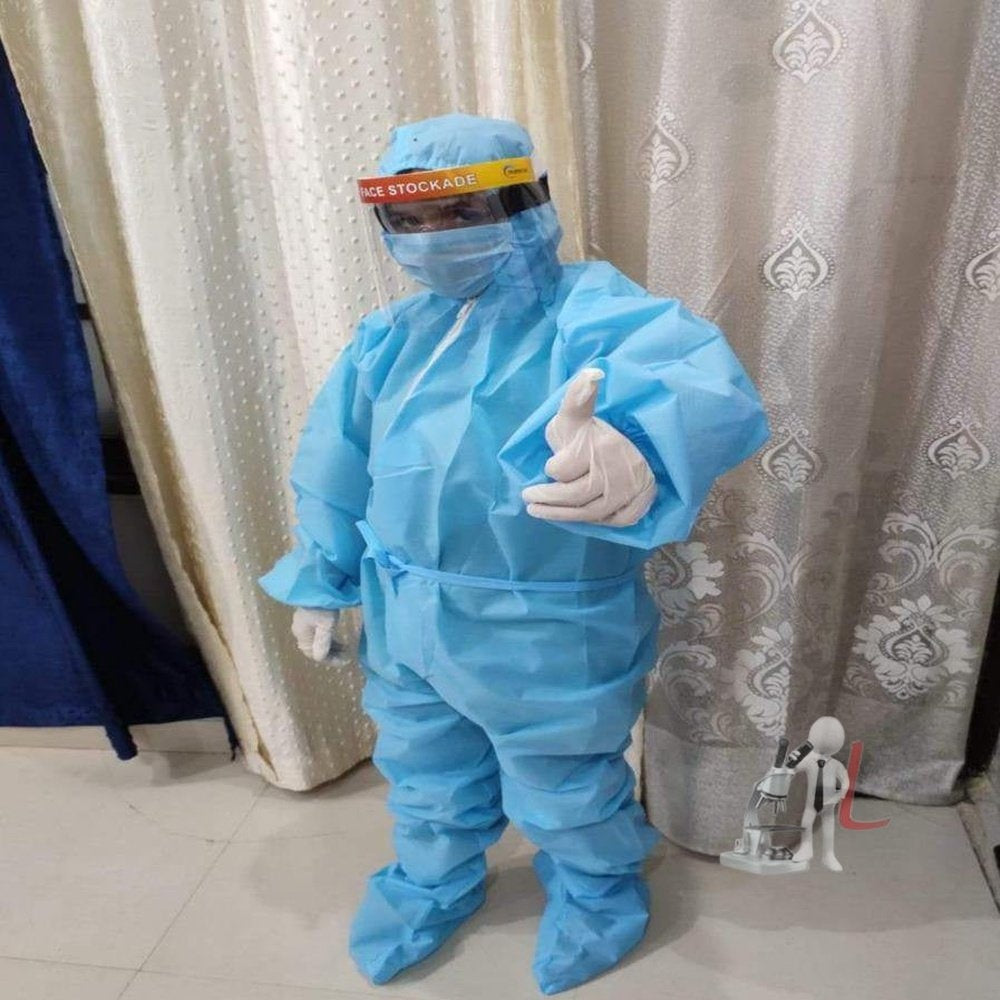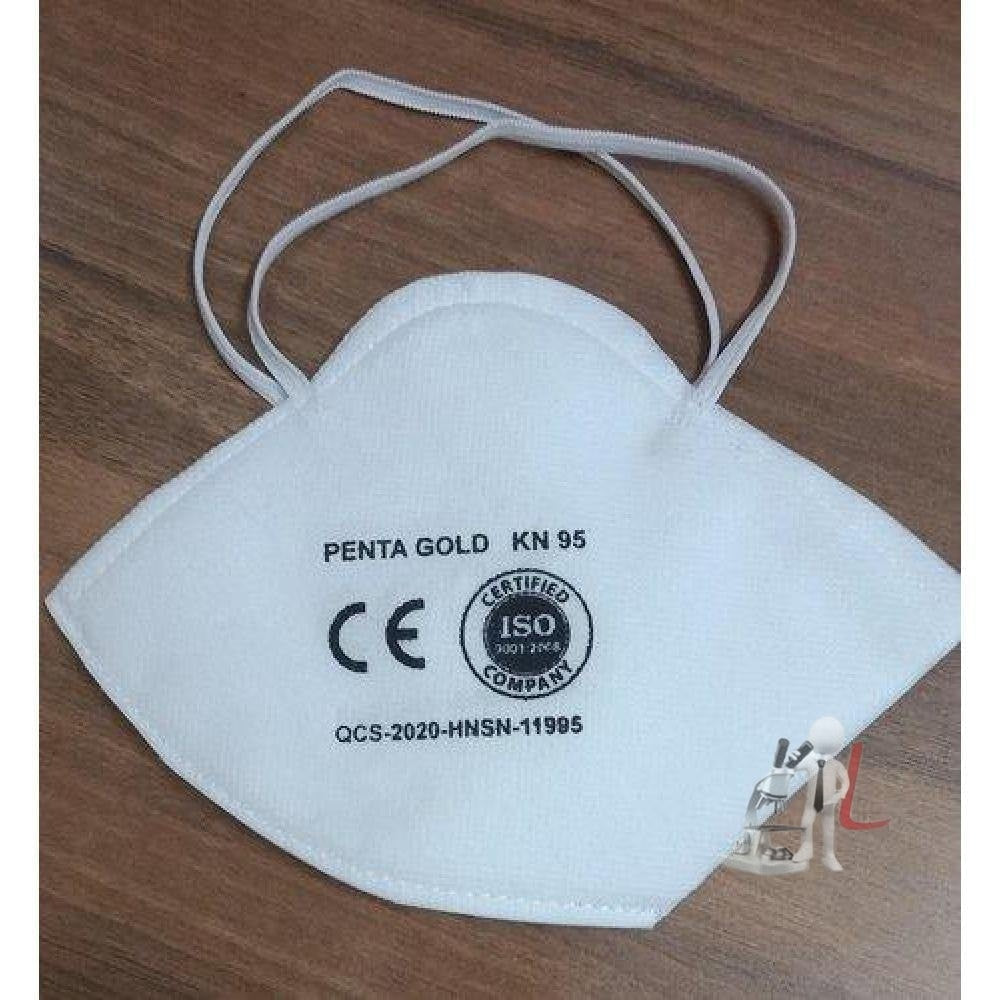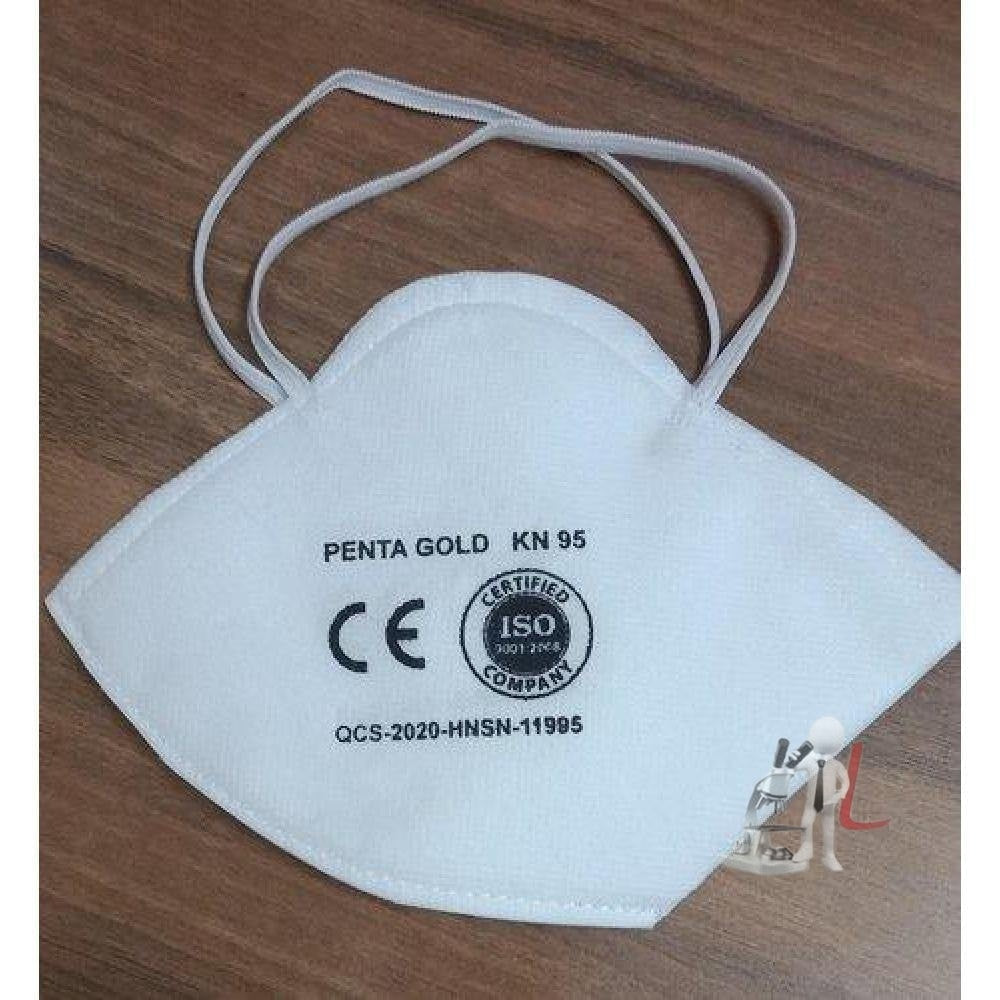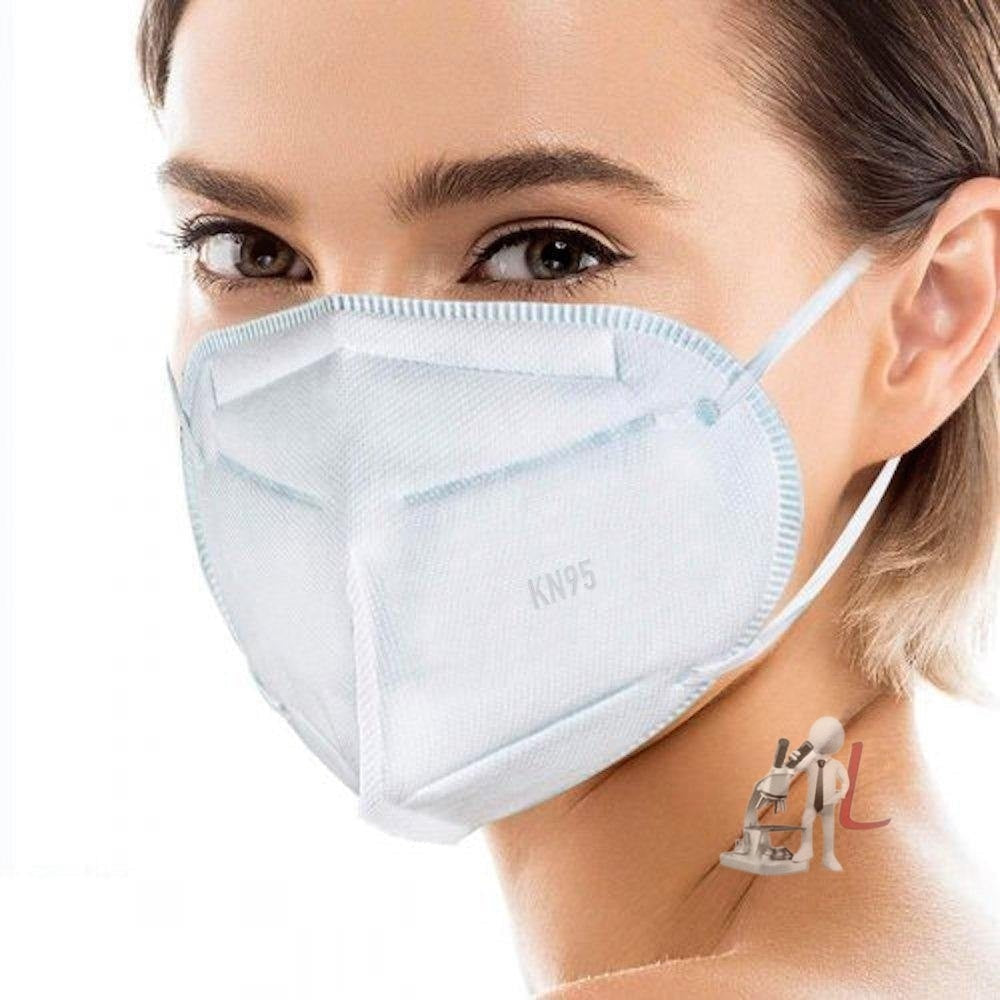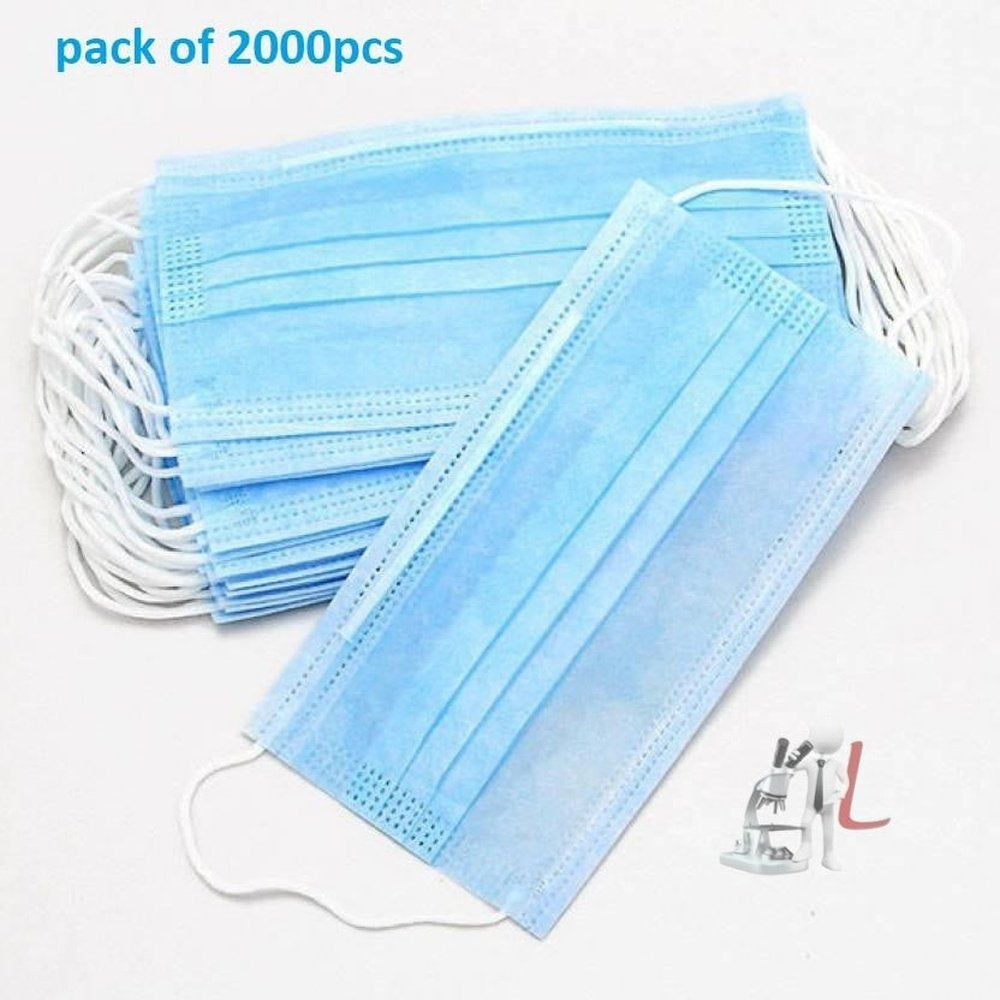Medical Supplies: The Backbone of Healthcare
Medical supplies form an integral part of healthcare, serving as essential items for diagnosing, treating, and preventing illnesses. The broad category of medical supplies encompasses a vast range of products, from basic consumables like bandages and syringes to complex devices such as surgical instruments and diagnostic equipment. These supplies are crucial for healthcare providers, including hospitals, clinics, and private practices, to maintain high standards of patient care and ensure safety during medical procedures.
The importance of medical supplies cannot be overstated. In emergency situations, the availability of the right medical equipment can mean the difference between life and death. Healthcare professionals rely on an assortment of medical supplies to handle a myriad of situations, whether it's a routine checkup or a complex surgical procedure. Each type of supply serves a specific purpose, and their proper utilization is fundamental in delivering effective patient care.
One of the most common categories of medical supplies includes consumables. These are items that are used once or for a limited time, such as gloves, masks, and antiseptics. Disposable gloves provide a barrier between patients and healthcare providers, minimizing the risk of infection during examinations and procedures. Masks play a crucial role in respiratory protection, ensuring that airborne contaminants do not compromise the sterile environment necessary for surgeries or other medical interventions.
In addition to consumables, there are devices that are used for diagnosis and treatment. This includes everything from blood pressure monitors and thermometers to more sophisticated technological advancements like MRI machines and ultrasound devices. These tools enable healthcare providers to accurately assess a patient's condition and tailor treatment plans accordingly.
Moreover, the supply chain for medical products is an essential aspect of healthcare logistics. Timely delivery of medical supplies is crucial for healthcare facilities to function effectively. Disruptions in the supply chain can lead to shortages, affecting the quality of care that patients receive. Therefore, healthcare organizations often require a reliable network of suppliers to ensure that they have immediate access to the necessary medical products.
Regulatory compliance is another critical aspect of medical supplies. Many medical devices and products are subject to strict regulations imposed by health authorities, ensuring they meet safety and efficacy standards. Manufacturers must adhere to these regulations during the production process, and healthcare facilities must ensure they are using compliant products in their practice.
The global landscape for medical supplies has evolved, especially in the wake of the COVID-19 pandemic. The demand for personal protective equipment (PPE) surged, leading to innovations in production and supply chain management. This rapid increase tested the resilience of supply chains and highlighted the need for adaptability in meeting fluctuating demand. As the industry moves forward, leveraging technology and data analytics is becoming increasingly important for anticipating needs and managing inventory effectively.
Education and training play a vital role in ensuring that medical supplies are used correctly. Healthcare professionals must receive proper instruction on safely handling and utilizing these supplies to avoid mishaps that could affect patient outcomes. Ongoing education is necessary as new products enter the market, and technologies evolve, ensuring that healthcare providers are well-equipped to deliver high-quality care.
In summary, medical supplies are the essential tools required to provide effective healthcare. Their diverse categories serve different functions within medical practices, highlighting their importance across various healthcare settings. As the industry continues to evolve, the demand for innovative and reliable medical supplies will only increase, emphasizing the need for robust supply chains, regulatory adherence, and continuous education for healthcare professionals. Investing in quality medical supplies is, therefore, an investment in effective healthcare delivery and improved patient outcomes.
The landscape of medical supplies is continually changing, and staying informed about the latest advancements is crucial for those in the healthcare sector. Engaging with suppliers who understand the nuances of the market, as well as keeping abreast of regulatory changes and new product launches, will help ensure that medical facilities can operate at peak efficiency while providing optimal care to their patients.
Filter
Sort by

